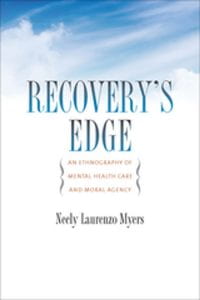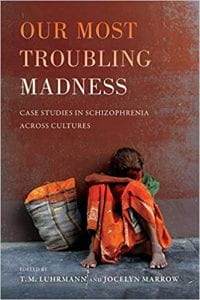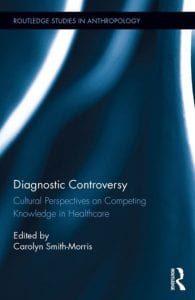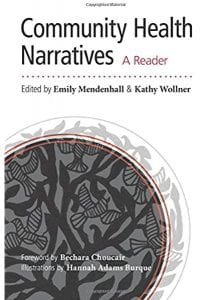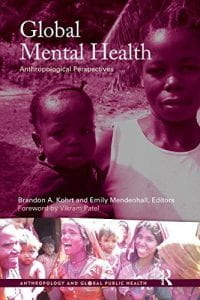Books and Book Chapters
Forthcoming November 2024 from University of California Press!
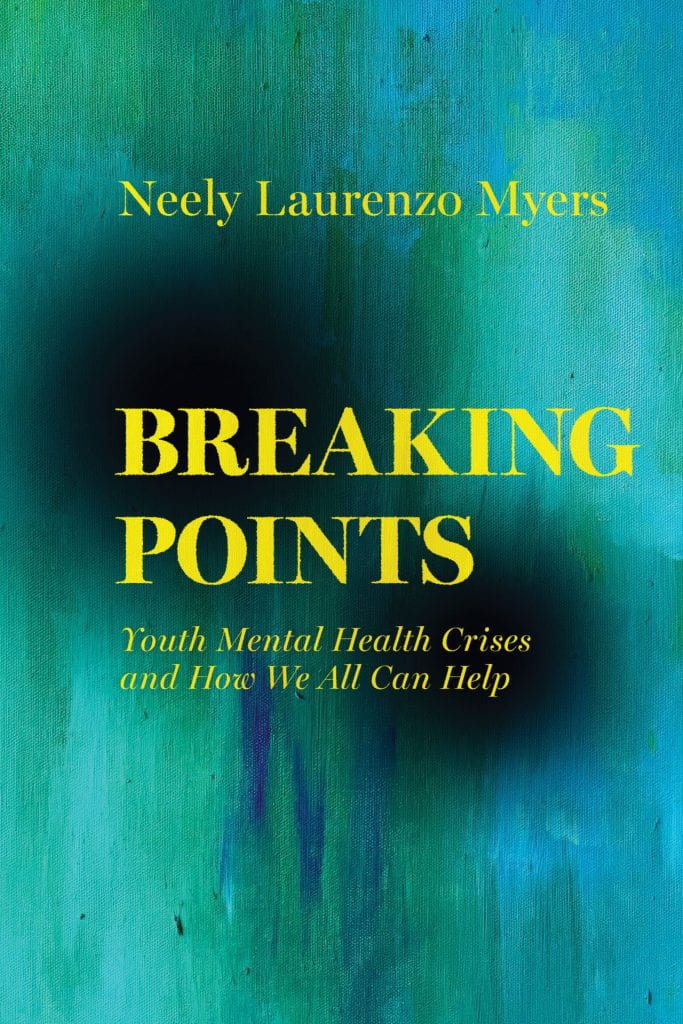
Recovery’s Edge: An Ethnography of Mental Health Care and Moral Agency
Available at Vanderbilt University Press and Amazon.
In 2003 the Bush Administration’s New Freedom Commission asked mental health service providers to begin promoting “recovery” rather than churning out long-term, “chronic” mental health service users. Recovery’s Edge sends us to urban America to view the inner workings of a mental health clinic run, in part, by people who are themselves “in recovery” from mental illness.
In this provocative narrative, Neely Myers sweeps us up in her own journey through three years of ethnographic research at this unusual site, providing a nuanced account of different approaches to mental health care. Recovery’s Edge critically examines the high bar we set for people in recovery through intimate stories of people struggling to find meaningful work, satisfying relationships, and independent living.
This book is a recipient of the Norman L. and Roselea J. Goldberg Prize from Vanderbilt University Press for the best book in the area of medicine.
In Edited Volumes
Myers, N. A Fragile Recovery in the United States. In Our Most Troubling Madness, pp. 180-95. Tanya Marie Luhrmann and Jocelyn Morrow, eds. University of California Press: Berkeley. 2016.
Myers, N. ‘Shared Humanity’ among Nonspecialist Peer Care Providers for Persons Living with Psychosis: Implications for Global Mental Health. In Global Mental Health: Anthropological Perspectives, pp. 325-40. Kohrt, Brandon, and Emily Mendenhall, Eds. Left Coast Press: Walnut Creek, CA. 2015.
Myers, N. Diagnosing Psychosis-Scientific Uncertainty, Locally and Globally. In Diagnostic Controversy: Cultural Perspectives on Competing Knowledge in Healthcare, pp. 191-214. Smith-Morris, Carolyn, Ed. Routledge: New York, NY. 2015.
Myers, N. The Tie that Binds. In Community Health Narratives, pp. 120-32. Mendenhall, Emily, and Kathy Wollner, Eds. University of New Mexico Press: Albuquerque, NM. 2015.
